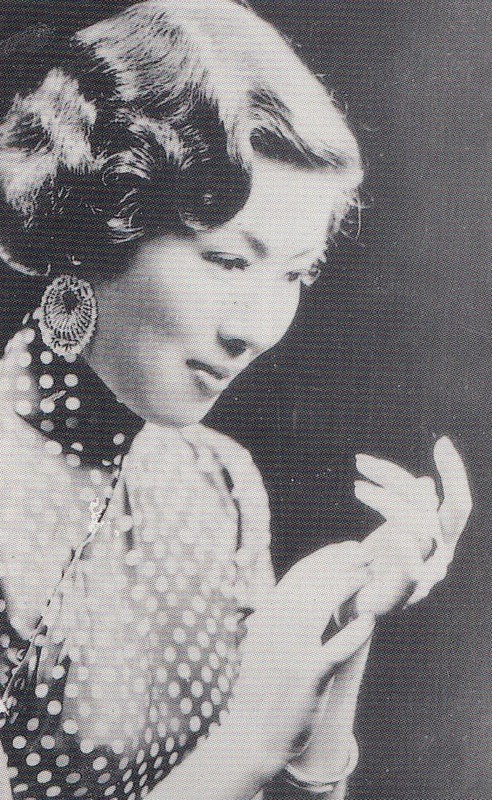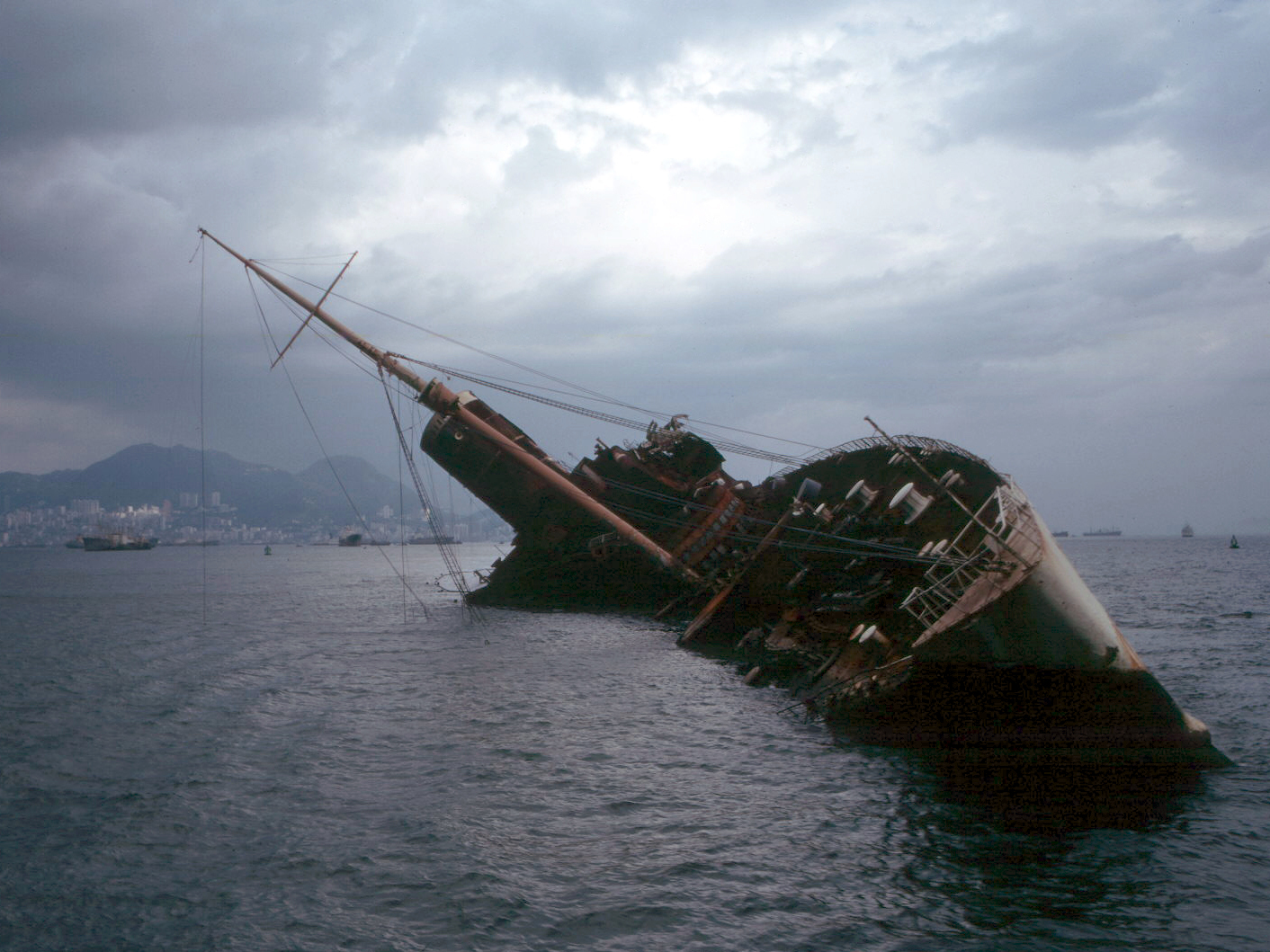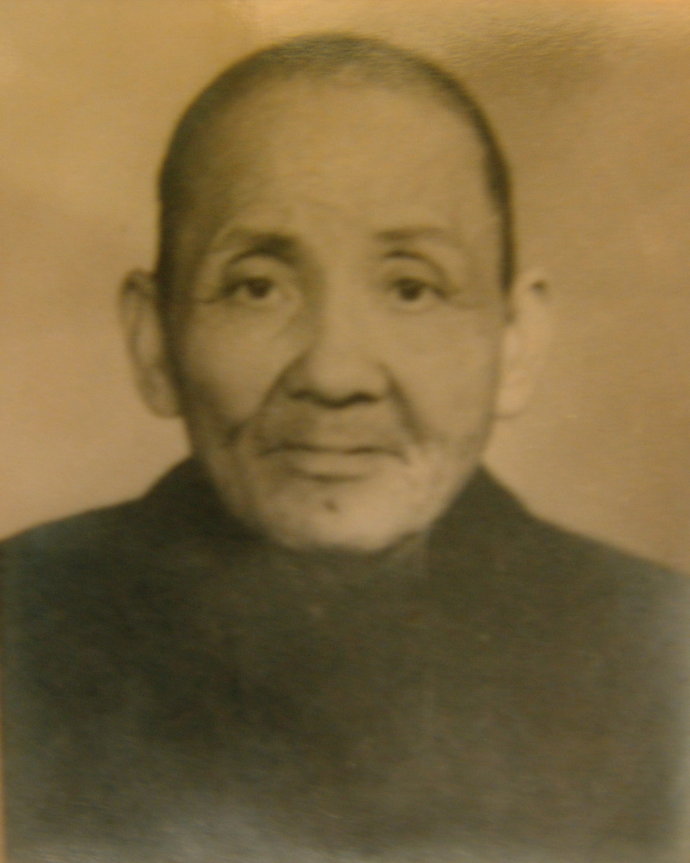|
The Flash Legs
''The Flash Legs'' (Chinese title: 太極八蛟; Cantonese: Tài Gìk Baat Bo. "The Ultimate Eight Feet"), also released as ''Shaolin Deadly Kicks'', is a 1977 Hong Kong martial arts action film directed by Ma Wu and starring Tao-liang Tan and Lo Lieh. The film was later remade as '' Breathing Fire'', with Tao-liang Tan serving as writer and executive producer under the pseudonym of Delon Tanners. Plot A gang of robbers known as The Eight Dragons have infiltrated a local residence in an attempt to steal a map. Upon its successful retrieval, when the bandits are about to make their getaway, the lights suddenly flick on, and they are accosted by the owner of the house (the map, presumably, is his as well). The owners of the house are quickly disposed of, and The Eight Dragons make off into the night with their map. Because of the robbery not being executed as smoothly as planned, The Eight Dragons become paranoid about actually seeking the treasure divulged in the map, and decide ... [...More Info...] [...Related Items...] OR: [Wikipedia] [Google] [Baidu] |
Wu Ma
Fung Wang-yuen (22 September 1942 – 4 February 2014), better known by his stage name Wu Ma, was a Hong Kong actor, director, producer and writer. Wu Ma made his screen debut in 1963, and with over 240 appearances to his name (plus 49 directorial credits within a fifty-year period), he was one of the most familiar faces in the history of Hong Kong Cinema and is best known as the Taoist ghosthunter in ''A Chinese Ghost Story''. Early years Born Feng Hongyuan in Tianjin, Republic of China. At 16 he moved to Guangzhou and became a machinist before migrating to Hong Kong in 1960. In 1962, Feng enrolled in the Shaw Brothers acting course. Graduating a year later, he became a contract player for the studio and made his first appearance in ''Lady General Hua Mu-lan''. He then appeared in such films as ''Temple of the Red Lotus'' (1965), ''The Knight of Knights'' (1966) and ''Trail of the Broken Blade'' (1967). He took on the stage name 'Wu Ma' as it reflected the animal in the year of h ... [...More Info...] [...Related Items...] OR: [Wikipedia] [Google] [Baidu] |
Tao-liang Tan
Tan Tao-liang (; Tan Dao-liang; born 22 December 1947) is a Chinese-Korean martial artist and former film actor. He has used numerous pseudonyms throughout his career, most frequently Delon Tam, Dorian Tan Tao-liang, Tan Tao-liang, Delon Tan, Dorian Tan, and Delon Tanners. Noted for his leg holding and hopping skills, Tan was nicknamed "Flash Legs". In his later life, Tan dedicated his time to teaching martial arts, notably to Yuen Biao, Ke Huy Quan of The Goonies, and Shannon Lee, the daughter of the late Bruce Lee. Early life Tan was born on December 22, 1947, in Pusan, South Korea. He is a Chinese Korean whose parents fled mainland China after the Second Sino-Japanese War broke out. At age 7, Tan began studying several martial arts including taekwondo, judo, hapkido and kung fu. Of these styles, he favored taekwondo as it "allowed for full contact, sparring and competition." In an interview, he said he liked high kicks because in taekwondo scoring, a kick to the head is worth ... [...More Info...] [...Related Items...] OR: [Wikipedia] [Google] [Baidu] |
Lo Lieh
Wang Lap Tat (June 29, 1939 – November 2, 2002), better known by his stage name Lo Lieh, was an Indonesian-born Hong Kong film actor and martial artist. Lo was perhaps best known as Chao Chih-Hao in the 1972 martial arts film ''King Boxer'' (a.k.a. ''Five Fingers of Death''), Priest Pai Mei in ''Executioners from Shaolin'' and ''Clan of the White Lotus'', Miyamoto in the 1977 film ''Fist of Fury II'', and General Tien Ta in the 1978 film ''The 36th Chamber of Shaolin''. Early life Lo Born in Pematangsiantar on June 29, 1939, spent his early life in Indonesia and then his parents sent him back to China and attended acting school in Hong Kong, he began his martial arts training in 1962 and joined the Shaw Brothers Studio in the same year and went on to become one of the most famous actors in Hong Kong martial arts and kung fu films in the late 1960s and 1970s. Acting In 1970 Lo played Kao Hsia in the film ''Brothers Five'', alongside Cheng Pei-pei, and co-starred with Jimmy ... [...More Info...] [...Related Items...] OR: [Wikipedia] [Google] [Baidu] |
Cinema Of Hong Kong
The cinema of Hong Kong ( zh, t=香港電影) is one of the three major threads in the history of Chinese language cinema, alongside the cinema of China and the cinema of Taiwan. As a former British colony, Hong Kong had a greater degree of political and economic freedom than mainland China and Taiwan, and developed into a filmmaking hub for the Chinese-speaking world (including its worldwide diaspora). For decades, Hong Kong was the third largest motion picture industry in the world following US cinema and Indian cinema and the second largest exporter. Despite an industry crisis starting in the mid-1990s and Hong Kong's transfer to Chinese sovereignty in July 1997, Hong Kong film has retained much of its distinctive identity and continues to play a prominent part on the world cinema stage. In the West, Hong Kong's vigorous pop cinema (especially Hong Kong action cinema) has long had a strong cult following, which is now arguably a part of the cultural mainstream, widely ... [...More Info...] [...Related Items...] OR: [Wikipedia] [Google] [Baidu] |
Martial Arts Film
Martial arts films are a subgenre of action films that feature numerous martial arts combat between characters. These combats are usually the films' primary appeal and entertainment value, and often are a method of storytelling and character expression and development. Martial arts are frequently featured in training scenes and other sequences in addition to fights. Martial arts films commonly include hand-to-hand combat along with other types of action, such as stuntwork, chases, and gunfights. Sub-genres of martial arts films include kung fu films, wuxia, karate films, and martial arts action comedy films, while related genres include gun fu, jidaigeki and samurai films. History Asian films are known to have a more minimalist approach to film based on their culture. Some martial arts films have only a minimal plot and amount of character development and focus almost exclusively on the action, while others have more creative and complex plots and characters along with action scen ... [...More Info...] [...Related Items...] OR: [Wikipedia] [Google] [Baidu] |
Breathing Fire
''Breathing Fire'' is a 1991 American martial arts film directed by Lou Kennedy in his directorial debut, and co-directed by Brandon De-Wilde. The film stars Ke Huy Quan, with a supporting cast of Eddie Saavedra, Ed Neil and Jerry Trimble. The film was released on direct-to-VHS in the United States on July 15, 1992.Black Belt - May 1993 Vol. 31, No. 5 The ninth- and 10th-best fight films are, respectively, Johnathan Ke Quan's Breathing Fire and Tang Tak Wing's Trained to Fight. Breathing Fire includes some original tournament fight sequences between Quan and Eddie Saavedra, which ... It is a remake of the 1977 Hong Kong film '' The Flash Legs'' that starred Tao-liang Tan, who executive produced and wrote this film under the pseudonym of Delon Tanners. This was Eddie Saavedra's first and only American film. After the film, Saavedra has retired from acting. Plot Michael Moore (Jerry Trimble), a Vietnam vet, pulls off a bank heist with his gang, which includes the bank's mana ... [...More Info...] [...Related Items...] OR: [Wikipedia] [Google] [Baidu] |
Ouyang Sha-fei
Qian Shunying ( zh, t=錢舜英, w=Chien Shun-ying; September 9, 1924 – March 8, 2010), better known by her stage name Ouyang Sha-fei ( zh, t=歐陽莎菲, s=欧阳莎菲, first=t, j=Auyeung Sa-fay, links=no), was a Hong Kong actress. She is known for her roles in Dragon Fist (1979), A Chinese Ghost Story II (1990), and Dream of the Red Chamber (1977). Early life Ouyang was born in Suzhou, Jiangsu, Republic of China on September 9, 1924. Acting career Ouyang was prolific actress; she famously starred in over 250 films in a 54-year period, between 1937 and 1991. At the age of 17, she began her acting career in several Mandarin movies in Shanghai. "Spy Number One" (1946) was her first successful movie. Ouyang made 17 films between 1951 and 1952, making her one of the busiest actresses in the Hong Kong film industry in her time. For most of the movies in her early career, she collaborated with her director and husband, Tu Guangqi. This partnership lasted until 1956. In th ... [...More Info...] [...Related Items...] OR: [Wikipedia] [Google] [Baidu] |
John Barry (composer)
John Barry Prendergast (3 November 1933 – 30 January 2011) was a British composer and conductor of film music. He composed the scores for eleven of the ''James Bond'' films between 1963 and 1987, as well as arranging and performing the "James Bond Theme" for the first film in the series, 1962's '' Dr. No''. He wrote the Grammy- and Academy Award-winning scores to the films ''Dances with Wolves'' and ''Out of Africa'', as well as the scores of ''The Scarlet Letter'', ''Chaplin'', '' The Cotton Club'', ''Game of Death'', ''The Tamarind Seed'', ''Mary, Queen of Scots'' and the theme for the television series ''The Persuaders!'', in a career spanning over 50 years. In 1999, he was appointed with an OBE for services to music. Born in York, Barry spent his early years working in cinemas owned by his father. During his national service with the British Army in Cyprus, Barry began performing as a musician after learning to play the trumpet. Upon completing his national service, ... [...More Info...] [...Related Items...] OR: [Wikipedia] [Google] [Baidu] |
The Man With The Golden Gun (film)
''The Man with the Golden Gun'' is a 1974 spy film and the ninth in the ''James Bond'' series produced by Eon Productions, and the second to star Roger Moore as the fictional MI6 agent James Bond. A loose adaptation of Ian Fleming's posthumously published 1965 novel of the same name, the film has Bond sent after the Solex Agitator, a breakthrough technological solution to contemporary energy shortages, while facing the assassin Francisco Scaramanga, the "Man with the Golden Gun". The action culminates in a duel between them that settles the fate of the Solex. ''The Man with the Golden Gun'' was the fourth and final film in the series directed by Guy Hamilton. The script was written by Richard Maibaum and Tom Mankiewicz. The film was set in the face of the 1973 energy crisis, a dominant theme in the script; Britain had still not yet fully overcome the crisis when the film was released in December 1974. The film also reflects the then-popular martial arts film craze, with se ... [...More Info...] [...Related Items...] OR: [Wikipedia] [Google] [Baidu] |
Kung Fu Films
Kung fu film () is a subgenre of martial arts films and Hong Kong action cinema set in the contemporary period and featuring realistic martial arts. It lacks the fantasy elements seen in ''wuxia'', a related martial arts genre that uses historical settings based on ancient China. Swordplay is also less common in kung-fu films than in ''wuxia'' and fighting is done through unarmed combat. Kung fu films are an important product of Hong Kong cinema and the West, where it was exported. Studios in Hong Kong produce both wuxia and kung fu films. History The kung fu genre was born in Hong Kong as a backlash against the supernatural tropes of wuxia. The wuxia of the period, called ''shenguai wuxia'', combined '' shenguai'' fantasy with the martial arts of wuxia. Producers of wuxia depended on special effects to draw in larger audiences like the use of animation in fight scenes. The popularity of shenguai wuxia waned because of its cheap effects and fantasy cliches, paving way for the ris ... [...More Info...] [...Related Items...] OR: [Wikipedia] [Google] [Baidu] |
Hong Kong Martial Arts Films
Hong Kong action cinema is the principal source of the Hong Kong film industry's global fame. Action films from Hong Kong have roots in Chinese and Hong Kong cultures including Chinese opera, storytelling and aesthetic traditions, which Hong Kong filmmakers combined with elements from Hollywood and Japanese cinema along with new action choreography and filmmaking techniques, to create a culturally distinctive form that went on to have wide transcultural appeal. In turn, Hollywood action films have been heavily influenced by Hong Kong genre conventions, from the 1970s onwards. The first Hong Kong action films favoured the ''wuxia'' style, emphasizing mysticism and swordplay, but this trend was politically suppressed in the 1930s and replaced by kung fu films that depicted more down-to-earth unarmed martial arts, often featuring folk heroes such as Wong Fei Hung. Post-war cultural upheavals led to a second wave of wuxia films with highly acrobatic violence, followed by the emer ... [...More Info...] [...Related Items...] OR: [Wikipedia] [Google] [Baidu] |
1977 Films
The year 1977 in film involved some significant events. Highest-grossing films (U.S.) The top ten 1977 released films by box office gross in North America are as follows: Events * February 23 – During a press conference at Sardi's in Manhattan, it is officially announced that Christopher Reeve will be playing the role of Superman. * March 28 – At the 49th Academy Awards, ''Rocky'' picks up the Academy Award for Best Picture. Peter Finch, Faye Dunaway, and Beatrice Straight all win Oscars for their performances in ''Network'' for Best Actor, Best Actress, and Best Supporting Actress, while Jason Robards wins for Best Supporting Actor for his performance in ''All the President's Men.'' He will win again the following year, becoming the only person to win two consecutive Best Supporting Actor awards. * May 25 – ''Star Wars (film), Star Wars'' opens in theatres and becomes the List of highest-grossing films, highest-grossing film of the year. The film revolutionises th ... [...More Info...] [...Related Items...] OR: [Wikipedia] [Google] [Baidu] |




